The Beauty of February in the Classroom
A MiddleWeb Blog

The beginning of the year is tough. There are 100-plus new students to get to know, new district initiatives, new school policies, new staff, changes in administration and fellow staff members. I tell friends who work in other fields, imagine getting over 100 new co-workers every year.
Just as you start to really get to know students, the novelty and fresh promise of the new school year begins to wear off. Sometime in late October or early November is when I notice that the honeymoon period is over. Thankfully, Thanksgiving is just around the corner, because by then one really needs a break.
I usually need it before then. One year, I broke 2 ribs the week before Thanksgiving. In the midst of incredible pain I recall thinking that the upside was I would get to take a few days home from school!
And then comes December. The chaos of impending holidays and vacation make learning and teaching more challenging. No wonder the two-week winter break seems magical! The common refrain from most teachers, when asked “how was your break?” is “Great, but I needed another day, or week.”
The mid-year sweet spot
Coming back in January can be tough. But by the end of the month, I feel like I am hitting my prime. In February, spring break (and the warm weather that brings on student restlessness) is still far enough away that no one is thinking about it. My students know me. I know them. We know each others’ rhythms, our strengths and weaknesses.

The class that meets right after gym will always have at least one student who arrives late bearing an ice pack. Without fail, there will be a puddle on the floor by the following period. That class knows where I keep the paper towels.
When I encourage students to get settled down quickly because there is so much to do, they will finish my sentence and chime in “and so little time.” Most importantly, they will then settle down.
They have learned my rules and accept them. I know their limitations and when I can push them. They trust me now, so when I give them something that I tell them up front is really hard, they are willing to try.
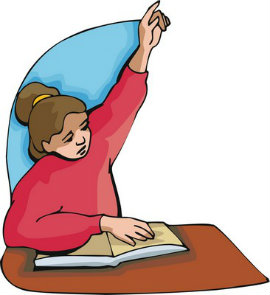
Wilson will probably fall out of his desk at some point during the week because he uses it like a piece of gymnastic equipment. But when my computer does something it isn’t supposed to, Wilson will be able to fix it for me.
When Anna has a question about the assignment – because Anna ALWAYS has a question about the assignment – I can answer sternly, “No, you cannot have a question today.” And Anna will realize that sometimes she has to trust her judgement and try an assignment first before rushing to me for help.
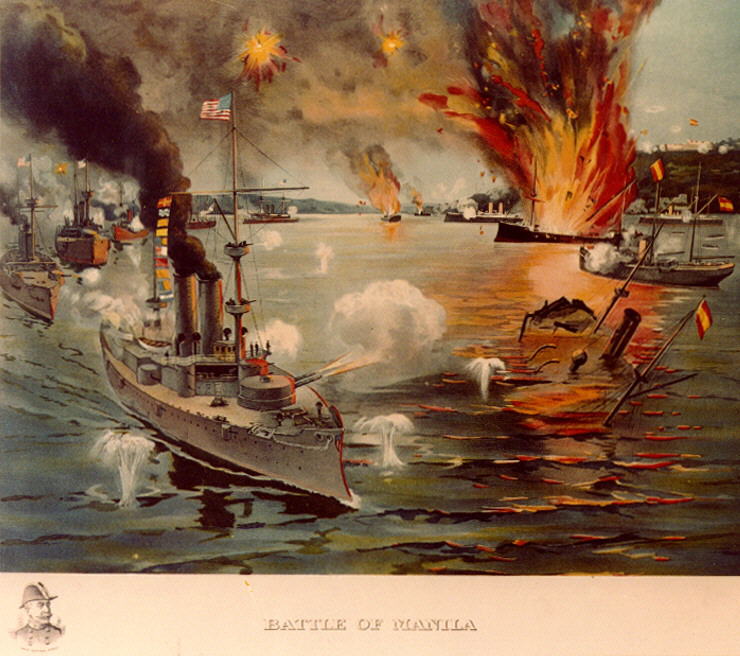
Public domain, Battle of Manila Bay
During the reading about U.S. forces taking on the Spanish in Manila harbor in 1898, if a student interrupts to ask if that is where Manila folders come from, I can tell them that it is, actually (manila hemp, who knew?), because that is the kind of random question that a student from past years, Jake, would always ask, and Abby was the kind of kid who could always quickly look things like that up on her Chromebook and be ready with the answer that I now have for all the future Jakes.
They’ve polished their skills
Their writing is better, so grading their papers has become more of a pleasure. I can see evidence that my writing instruction has paid off. They have stopped beginning papers with phrases like, “The Progressive Era was hugely important in U.S. history.” When they write about the various factors contributing to the rise of X or the effects of Y, they no longer end the list with “etc.” because they know I will go ballistic.
Discussions are stronger because we have developed a classroom culture amenable to conversations about challenging topics. The discussions that will come up about race during African American History Month will be easier to have than the ones earlier in the school year. At our racially diverse school, they trust me and more importantly, they trust each other and can discuss complex and painful topics in our nation’s history and present day.
Since the beginning of the school year, I have introduced recurring themes in history. That is now paying off, as students are more easily able to recognize those themes when they reappear. While studying the annexation of the Philippines, we will read Kipling’s poem “The White Man’s Burden” which has the little-known subtitle, “The United States and the Philippine Islands.” I am thrilled (but not entirely surprised) when a student raises her hand to point out that this is sort of like the Dawes Act that attempted to “Kill the Indian in order to save the man.”
We’ll still have THOSE days
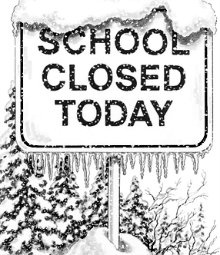
Ahh. . . the beauty of February in Chicago. . . .
*Please note that all names and details have been changed in this article to protect the identities of my students.

















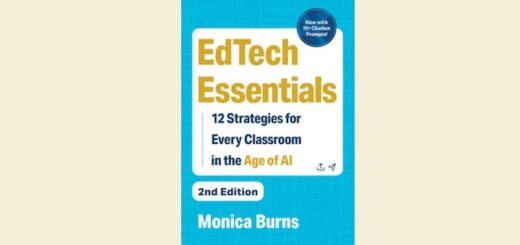
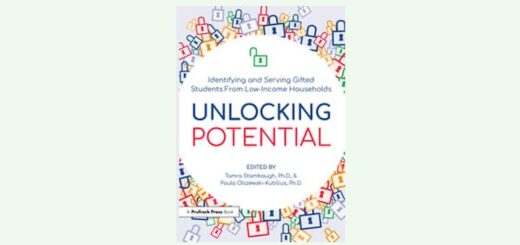


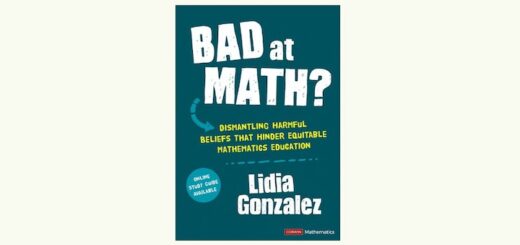

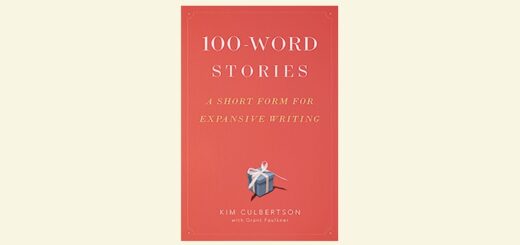


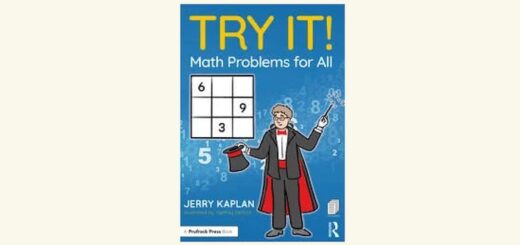










That’s funny, I never thought of this time as the sweet spot but it really is. Super hectic, and I already can’t wait til late March’s spring break, but still sweet :)